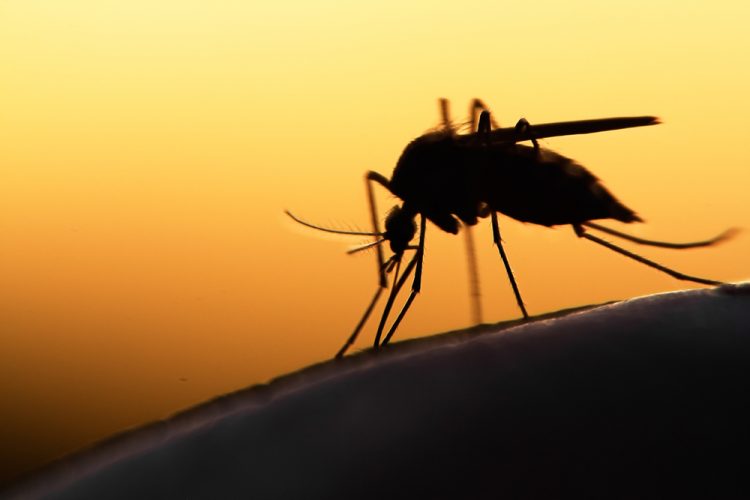Two malaria vaccine candidates show signs of efficacy
Posted: 22 May 2020 | Hannah Balfour (European Pharmaceutical Review) | No comments yet
Clinical trials testing potential malaria vaccines report the vaccines were well tolerated and demonstrated some efficacy, delaying Plasmodium falciparum infection.


A safe and effective vaccine to protect against malaria has been sought for 50 years, but most candidates have failed to show efficacy in trials. In Phase I/IIa studies, two novel vaccine candidates based on genetically engineered malaria parasites have demonstrated their safety and signs of efficacy.
Isaie Reuling and colleagues have developed a vaccine based on a genetically modified Plasmodium berghei parasite, a type of malaria that infects rodents but does not cause disease in humans. The team genetically engineered P. berghei to express a protein from Plasmodium falciparum, the primary cause of malaria in humans.
In a study published in Science Translational Medicine, the researchers administered their vaccine to 24 healthy human volunteers. The vaccine was well tolerated, with no severe side effects reported. The Phase I/IIa trial revealed that the vaccine delayed P. falciparum infections in the volunteers, who were exposed to infected mosquitos after immunisation. The authors speculated this effect may be due to the vaccine preventing P. falciparum from entering the liver cells and estimated the vaccine could reduce parasite loads in the liver by 95 percent, providing protection to some individuals.
In a second Phase I/IIa trial, Meta Roestenberg and colleagues tested their PfSPZ-GA1 vaccine, which uses a genetically weakened P. falciparum parasite. The authors tested various vaccine doses in 19 volunteers and saw that the vaccine was well tolerated and safe.
They then immunised a further 39 volunteers with either PfSPZ-GA1 or a control vaccine three times over 24 weeks and exposed the volunteers to controlled bites from mosquitoes infected with wild-type P. falciparum. According to the paper, three volunteers showed complete protection, while others displayed signs of protection and delayed malaria infections compared to nine individuals who received a placebo vaccine.
Both studies concluded that further studies would be required to draw conclusions on the strength of their respective vaccines but their results merit further testing.
Related topics
Clinical Trials, Drug Development, Immunisation, Proteins, Research & Development (R&D), Vaccines, Viruses









